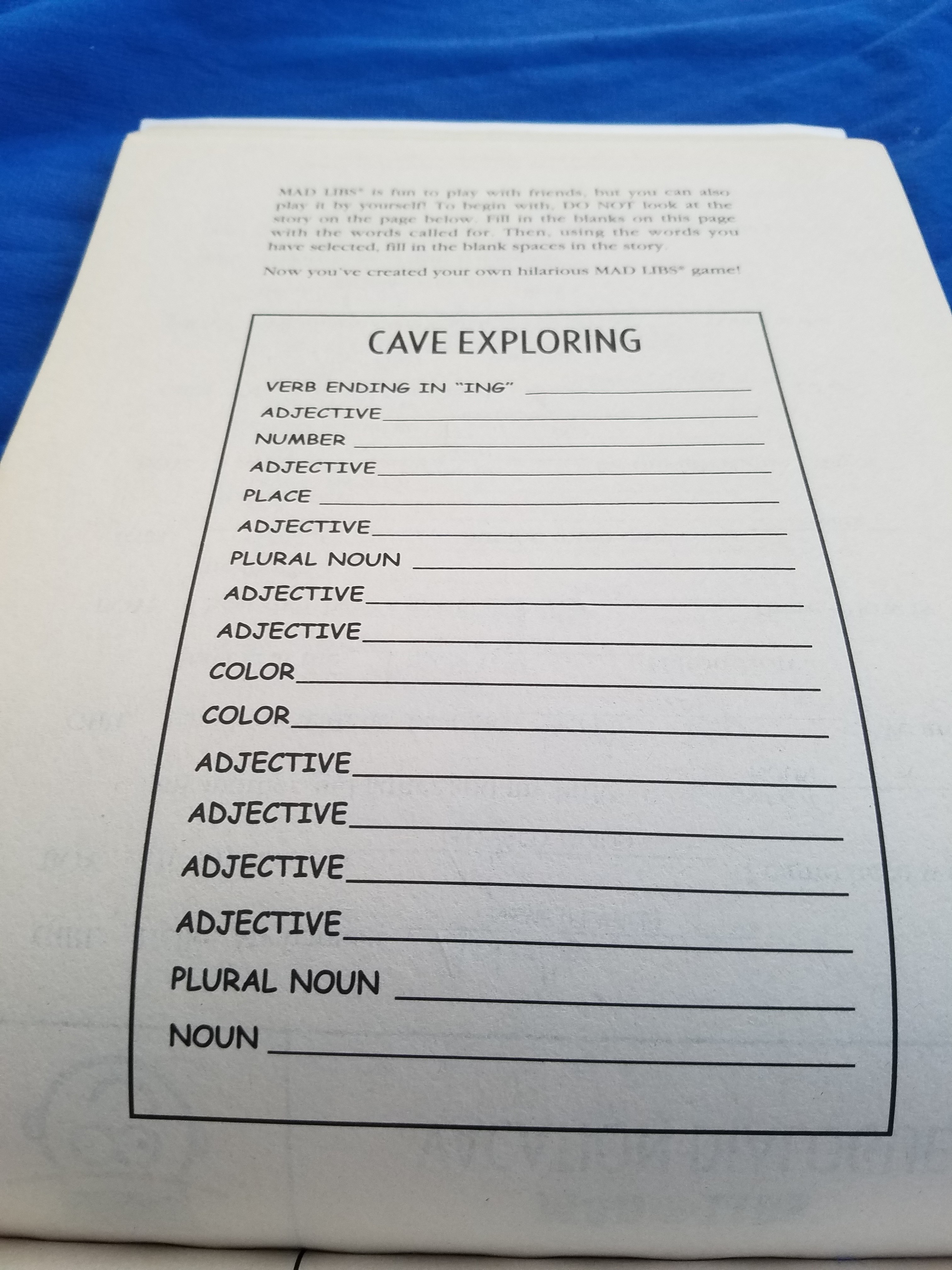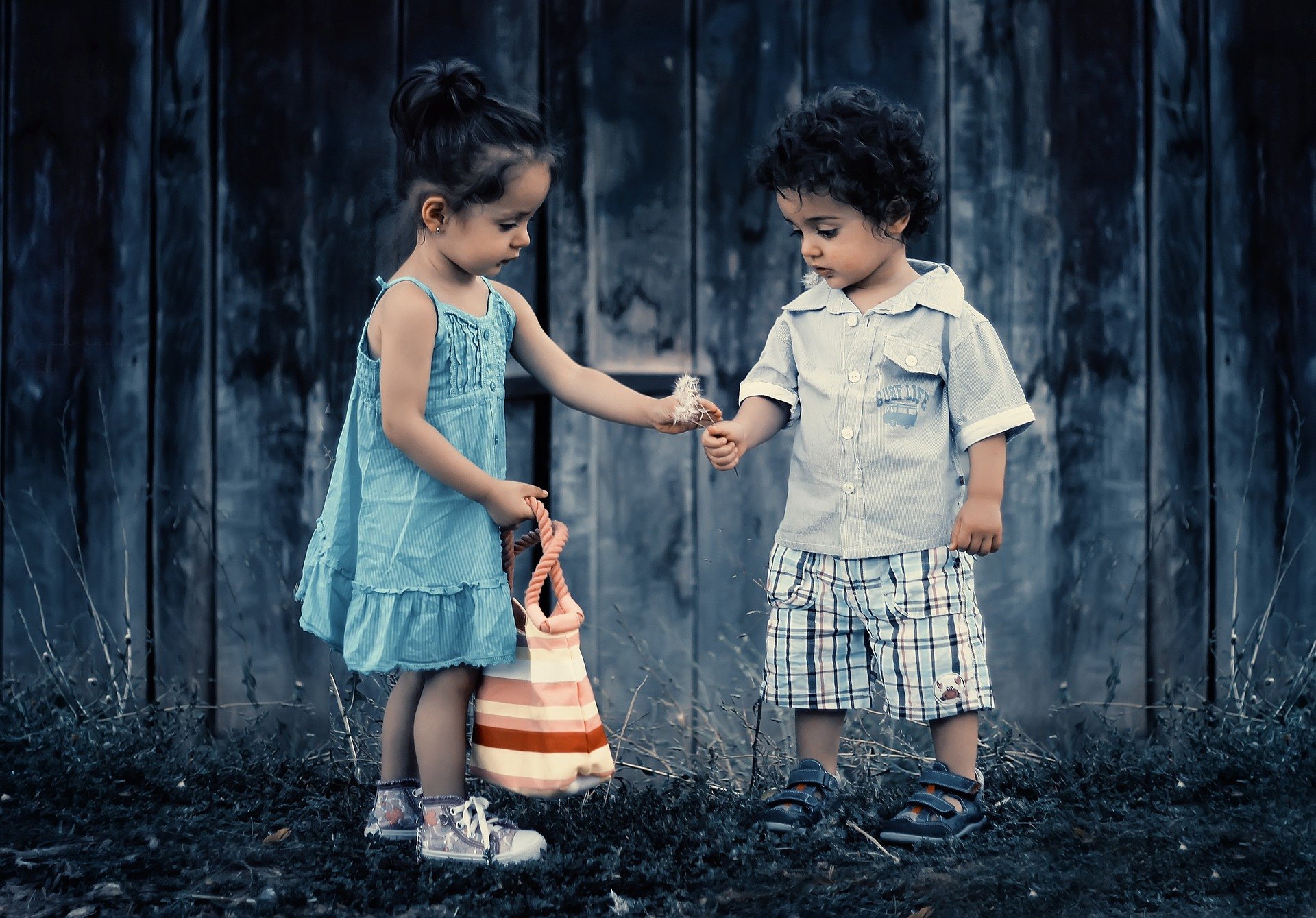One of the hardest and most important lessons in life is learning how to lose gracefully. Just as we will have times when we succeed in life, we'll also have many times that we fail. Teaching our children to lose with dignity is a lesson that will last them a lifetime, as it is something they will need to draw on over and over.
As my husband and I parented our older daughter, we had many opportunities to teach her how to be a gracious winner and loser. Whether it was soccer or a card game, it was important to us that she learned how to be grateful when she (or her team) won, and to be able to authentically congratulate the opponent after a loss.
Here are some of my thoughts on how we can teach our children to lose gracefully.
Teach your child to consider others when they are in the middle of strong emotions. Although he may want to lash out angrily and be alone when he has lost a competition or something else that was important to him, what will this make others feel like? If your child loses and begins to throw a fit and act unkindly to others, how will this change the atmosphere for everyone?
Remind your child that when he wins, it is much more enjoyable when someone else’s anger isn’t stealing the spotlight. He needs to give this consideration to the winner as well.
- Considering the Others Who Did Not Win
When your child loses an opportunity, teach her to remember all the others who also did not win. Everyone might be feeling down in the dumps, but all it takes is one child with a healthy perspective to change the way everyone feels. If your child’s sports team has lost yet another game, your child could be the voice of encouragement that reminds the others to keep trying, and lets them know that there are other accomplishments they can focus on.
- Learning What You Can
Whenever there is a failure, there is a lesson that can be learned. If your child is disappointed by a big loss, help him to put things in perspective with your encouragement.
Perhaps your child can learn the importance of extra studying if he didn’t put in quite enough study time. Maybe he is learning a tough lesson about the character of a friend who dragged them down with their lack of effort on the project. Perhaps your child usually wins, and simply needs to learn the lesson of humility. For children who are good in many areas, losing can be difficult simply because it happens so infrequently. Whatever the situation might be, there is always something that can be learned, and valuable knowledge that can be gained.
- Knowing Who You Are (And Owning It)
The most important aspect of losing is to remember who you truly are. This is a concept that even some of us adults haven’t grasped, but it is crucial to being able to both win and lose with dignity and grace. Build within your child a strong sense of self-esteem.
Teach her that her value does not come from what she can do, but who she is as an individual. From the time she is born, remind her that she is a special, unique person with a specific purpose on earth that no one else will fulfill in quite the same way as she will. This will build in her a foundation that will help her recover from the disappointment of losses, both large and small.
It's fun to win, and it is important to know how to lose as well. Learning this lesson when young will give your child the opportunity to gain experience to do both the right way.




